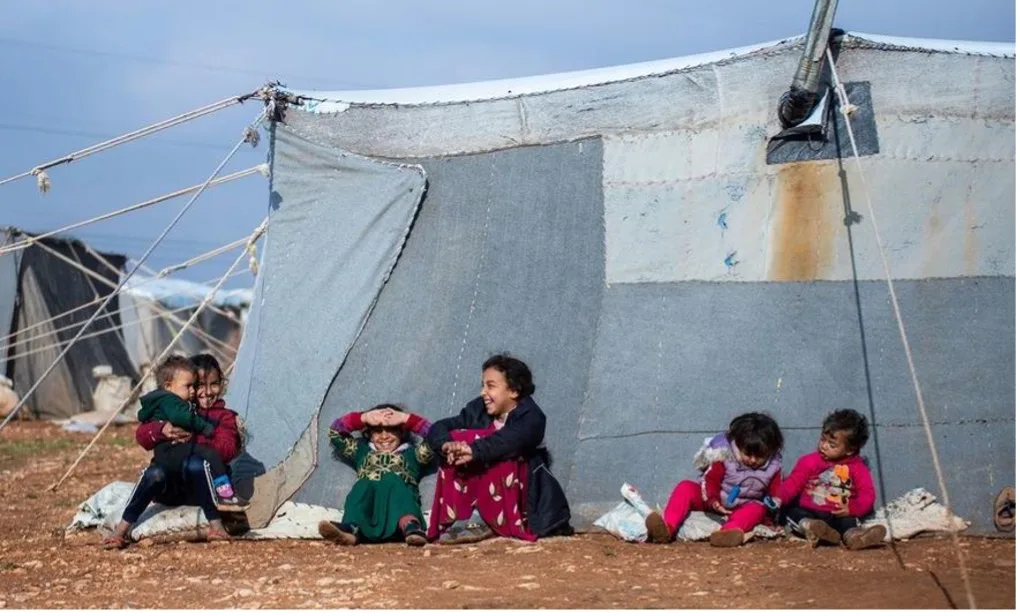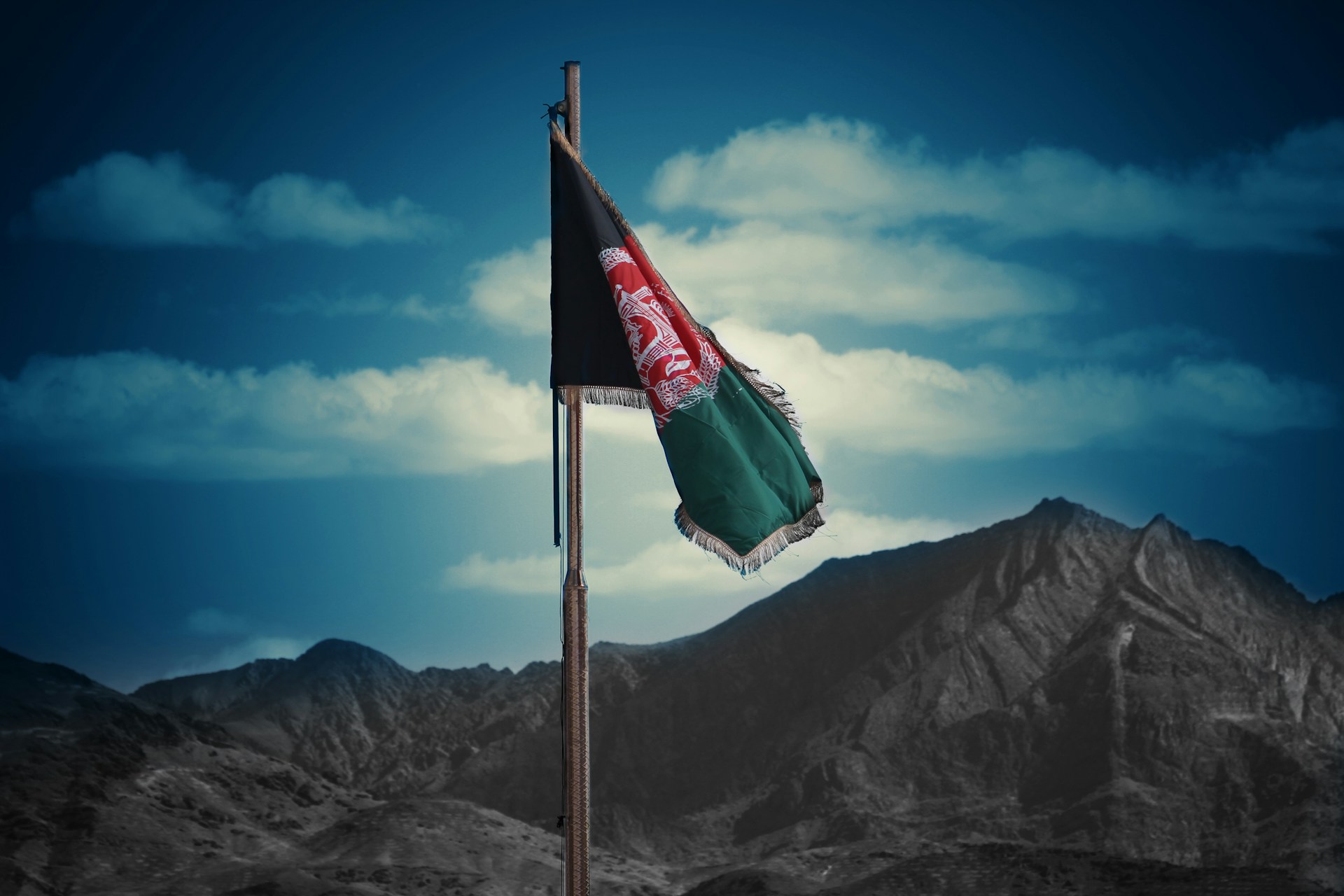The United Nations High Commissioner for Refugees (UNHCR) says the number of displaced people worldwide has reached a record 110 million, including 5.7 million Afghans.
About 19 million people were forced to flee last year – the biggest annual jump on record – lifting the total to 108.4 million by the end of last year, the UNHCR said in its annual Forced Displacement report on Wednesday.
The number has since risen to at least 110 million, mostly due to Sudan’s eight-week-old conflict, UN refugee chief Filippo Grandi told reporters.
“It’s quite an indictment on the state of our world to have to report that,” he said at a Geneva press conference.
The overall figure includes people seeking safety within their own countries as well as those who have crossed borders. Refugees and asylum seekers made up about 37.5 percent of the total, according to the report.
The forced displacements resulted from persecution, conflict, violence, human rights violations, climate change and events seriously disturbing public order.
The report also said by the end of 2022, Afghan refugees were hosted by 104 countries and 9 out of 10 Afghan refugees migrated to neighboring countries such as Iran and Pakistan.
The UNHCR also said that Turkey, Iran, Colombia and Germany were the first four countries to accept refugees until the end of 2022, and most of these refugees were last accepted by Canada, followed by the United States and Australia.
The report said until the end of the last year, 339,300 immigrants were able to repatriate to their countries globally.
“Solutions to these movements are increasingly difficult to even imagine, to even put on the table,” Grandi said. “We are in a very polarised world, where international tensions play out all the way into humanitarian issues.”
Of the total refugees and those needing international protection, about half of them came from just three countries: Syria, Ukraine and Afghanistan, the report said.
At the end of 2022, 11.6 million Ukrainians remained displaced, it said, including 5.9 million within their country and 5.7 million overseas.
Grandi raised concerns about countries introducing tougher rules on admitting refugees and conducting push-backs, without specifying the countries concerned.
“We see increasingly a reluctance on the part of states to fully adhere to the principles of the (1951 refugee) convention, even states that have signed it,” Grandi told the Reuters news agency on the sidelines of the briefing.
However, he was upbeat about some developments, namely a deal reached by EU ministers last week on sharing responsibility for migrants and refugees.
“There are issues of some concern. By and large, however, I think it’s a positive step,” he said. “We’re so happy that the Europeans agree on something.”
He also praised Kenya which he said is looking for new solutions for the half a million refugees it hosts, including many who have fled poverty and drought in the Horn of Africa.
Views: 10












